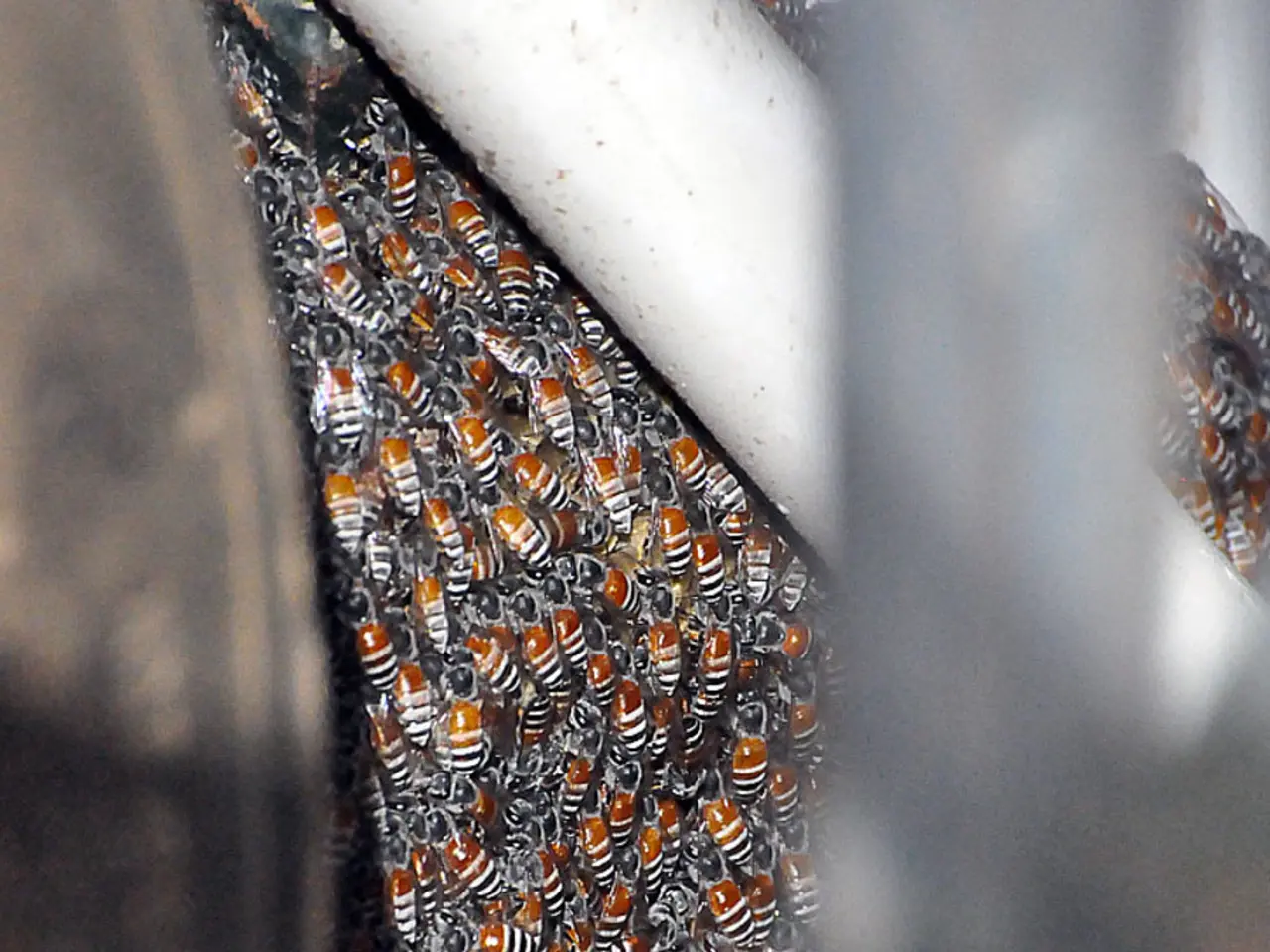World Bee Day Under Siege: Counterfeit Honey Undermines Beekeeping Industry and Deceives Customers!
In an effort to safeguard consumers, beekeepers, and the environment, Europe has implemented several concrete measures to combat fake honey and ensure the authenticity of honey products.
Following the declaration of World Bee Day by the United Nations on December 20, 2017, the first celebration took place on May 20, 2018, in Žirovnica, Slovenia. This day was initiated by the Slovenian Beekeepers' Association to highlight the importance of bees and the challenges they face.
Recognising the crucial role bees play in food security, with approximately 50% of bee colonies in Europe dying over the winter of 2021, immediate financial support for beekeepers is essential to preserve the bees and the pollination service they provide.
To combat counterfeit honey, the European Union has introduced tighter regulations on honey marketing, emphasising transparent country of origin labelling on all honey products. This aims to reduce counterfeit imports, particularly from China, and help consumers identify genuine European honey.
Europe is also investing in scientific methods and improved analytical technologies to detect honey adulteration and counterfeit products more effectively. This includes automation, artificial intelligence, and collaborations between industry, academia, and standards organisations to enhance food fraud detection capabilities.
By implementing stringent quality controls and authenticity verification, Europe helps protect beekeepers from unfair competition caused by fake honey flooding the market, which damages their economic viability and reputation.
The EU addresses the risks that fake honey poses to consumers, such as exposure to harmful or unauthorized substances and economic harm from substandard products. Regulatory efforts aim to ensure consumer safety and maintain trust in food products.
Boštjan Noč, the President of the European Beekeeping Association and the Slovenian Beekeepers' Association, expressed his wish for clear protection of consumers and support for beekeepers. The European Beekeeping Association also thanks beekeepers for continuing to engage in beekeeping, caring for bee products, maintaining pollination, and supporting food production.
Special thanks also go to those who help beekeepers preserve bees by planting nectar-producing plants, using FFS products responsibly, and buying bee products from local beekeepers.
In summary, Europe's approach combines regulatory controls (labelling and marketing rules), technological innovation (advanced testing for authenticity), and collaborative efforts to ensure honey authenticity, protect genuine producers, and safeguard consumers from counterfeit and adulterated honey on the market. It is crucial that Europe immediately removes fake honey from the market and adopts concrete measures to support beekeepers and protect consumers.
- The European Union's policy-and-legislation includes stricter regulations on health-and-wellness products such as honey, focusing on transparent country-of-origin labelling to combat counterfeit goods.
- In the realm of environmental-science, Europe is investing in scientific methods and advanced analytical technologies like automation and artificial intelligence to detect honey adulteration and counterfeit products more effectively, contributing to general-news about food fraud detection.
- In the fitness-and-exercise industry, supporting beekeepers by planting nectar-producing plants can contribute to the health-and-wellness of bees, thereby impacting food security and overall nutrition.
- The political movement to protect consumers and beekeepers from fake honey has gained momentum, with figures like Boštjan Noč, the President of the European Beekeeping Association, advocating for clear protection policies to maintain trust in food products and promote general-news about food safety.








